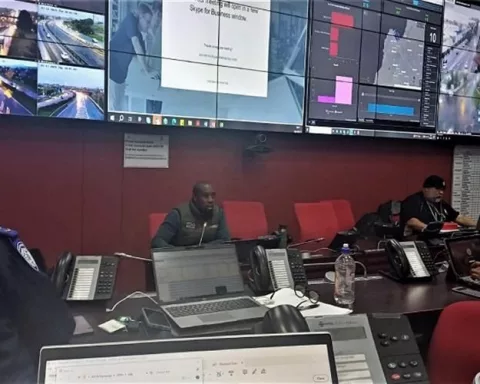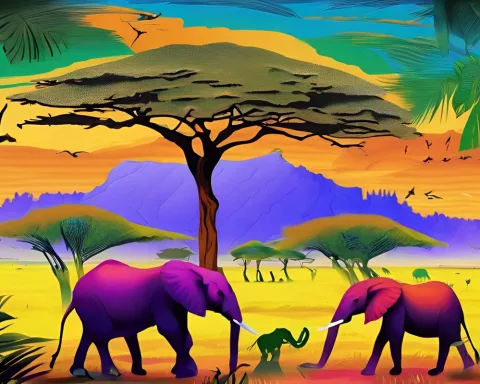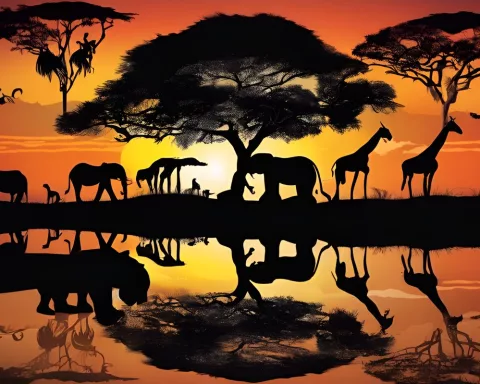President Cyril Ramaphosa delivered an inspiring address at the Cradle of Humankind in Gauteng, South Africa, on Africa Day. The occasion was celebrated to reflect on the continent’s rich history, resilience, and unity. The Cradle of Humankind served as a poignant symbol of human origins, reminding Africans of their shared history and the challenges they have faced and overcome.
Africa’s Resilience
Throughout history, Africa has faced numerous adversities such as plunder, conquest, colonialism, slavery, and apartheid. However, Africa’s recuperative power has allowed the continent to rise and defend its liberty and independence. President Ramaphosa highlighted the unimpaired genius and irrepressibility of Africa and its people.
Unity in Overcoming Difficulties
Africa’s collective response to the COVID-19 pandemic exemplified the power of unity in overcoming even the most significant difficulties. The African Union’s establishment of a groundbreaking platform to procure medical supplies for African countries and the subsequent acquisition of vaccines illustrate the continent’s capacity for collaboration and resourcefulness.
Pursuing Ideals for Africa’s Development
Drawing on the lessons of history, Ramaphosa emphasized Africa’s commitment to pursuing the ideals of the founding charters of the Organization of African Unity and the African Union, as well as the aspirations of the AU Agenda 2063. Africa’s focus on achieving continental economic integration is evidenced by the Africa Continental Free Trade Area, a landmark achievement that fosters trade and partnership across the continent.
Commitment to Peacebuilding and Conflict Resolution
The continent’s commitment to peacebuilding and conflict resolution in regions such as the Eastern Democratic Republic of Congo, Northern Mozambique, and Sudan highlights the collective desire for a more peaceful and prosperous Africa. Additionally, Africa Day serves as an opportunity to reaffirm the importance of consolidating democracy and promoting good governance across the continent.
Finding Strength in Diversity
Ramaphosa emphasized the need for Africans to find strength in their diversity and strive to find common ground that unites them, rather than focusing on divisions. The diverse cultures, languages, and communities that make up the African continent are bound together by their shared Africanness—a respect for differences and a spirit of empathy and compassion.
Responsibility for a Peaceful and Prosperous Africa
However, this Africanness also comes with the responsibility to ensure that the continent does not regress into a period of conflict and strife. Africa will not be drawn into a contest between global powers, nor will it abandon its independent and non-aligned foreign policy. Instead, Africa’s focus remains on the peaceful resolution of conflicts and the pursuit of stability and prosperity.
As Africa faces challenges such as battles for control of natural resources, pollution, human rights abuses, and foreign conflicts, the lessons of history and the ideals of unity and resilience become even more crucial. On this Africa Day, let us celebrate the victories won, defend our liberty and unity, and strengthen the bonds that shape our destiny.












